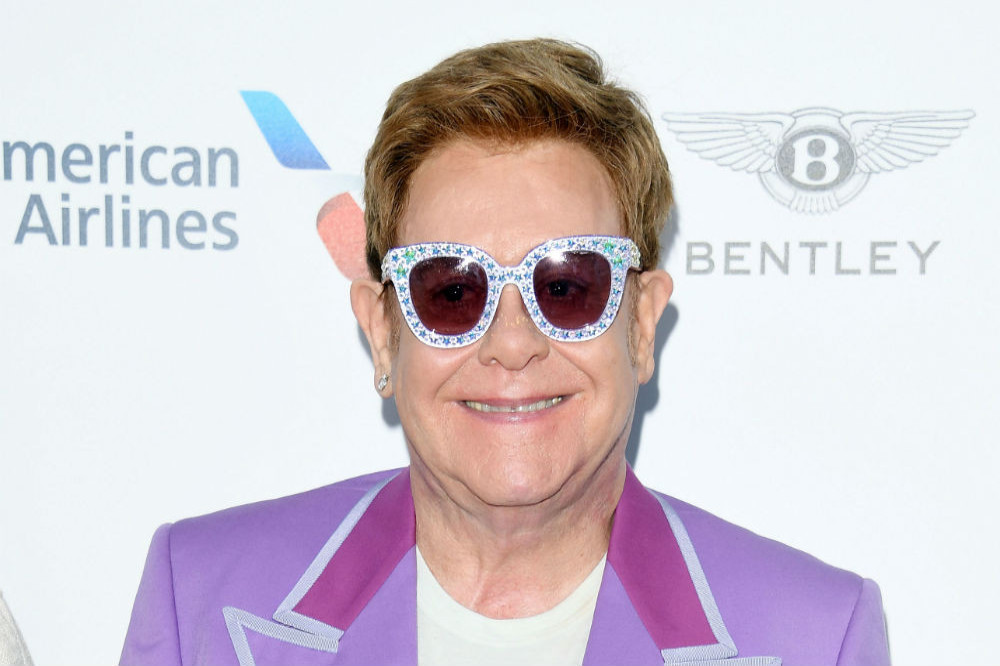Sir Elton John wants to “normalise the conversation” around mental health.

Sir Elton John
The ‘Tiny Dancer’ hitmaker has joined a campaign run by MAN magazine to speak out about mental health alongside a host of other celebrity faces, which has been set up to raise awareness about the stigma surrounding the topic, particularly in men, for International Men’s Day on Thursday (19.11.20).
In a message to those suffering with their mental health, Elton told the publication: “You are not alone and you are loved. This has been an unprecedented year but I want you to know that it is okay to admit you are struggling and need some help. We need to talk about mental health to normalise the conversation, especially with men.
“I am thinking of you if you are struggling and hope you find healing love and support.”
Other celebrities taking part in the campaign include presenter, comedian, and actor Stephen Fry, footballer Harry Kane, and tennis superstar Sir Andy Murray.
Stephen said: "You’re not alone in your struggle, however much you may feel it now. Trust me when I say the day will come when you will hug yourself for winning the struggle and staying up and on your feet. Damn it’s hard, but damn it’s worth it.”
Whilst Harry added: “I want to encourage anyone suffering from mental health issues to seek the support they need. There’s no shame in it. We all need to ask for help sometimes.”
The publication also featured an interview with actor and comedian Russell Brand - who has battled with his mental health in the past, as well as with addiction - who said he managed to overcome his own struggles by developing an “awareness” for his actions.
He said: “Personal development and mental health are inseparable. I would say the primary thing that’s helped me is my 12-step program, which I worked around drugs, alcohol, sex and porn addiction. It moves me from a place of unconscious behaviours to awareness. It starts with admitting you have a problem around your behaviour with drugs, alcohol or eating, then you address it through the 12 steps, believing it’s possible to change, and consulting with people who have made that change.”
And when asked how he combats the stigma attached to depression, he added: “I suppose, with depression, it is the acknowledgment that it is okay to feel this way. I regularly feel sad and despairing, so I can’t afford to be stigmatised.
“If I feel depressed about work, or feel depressed about other people’s feelings about me, or that I can’t cope, or that I’m not good enough, I turn to other people that are walking the same path as me - people that have more experience and less experience than me so we can share our experiences and learn from each other.”
Tagged in Russell Brand Sir Elton John Harry Kane

